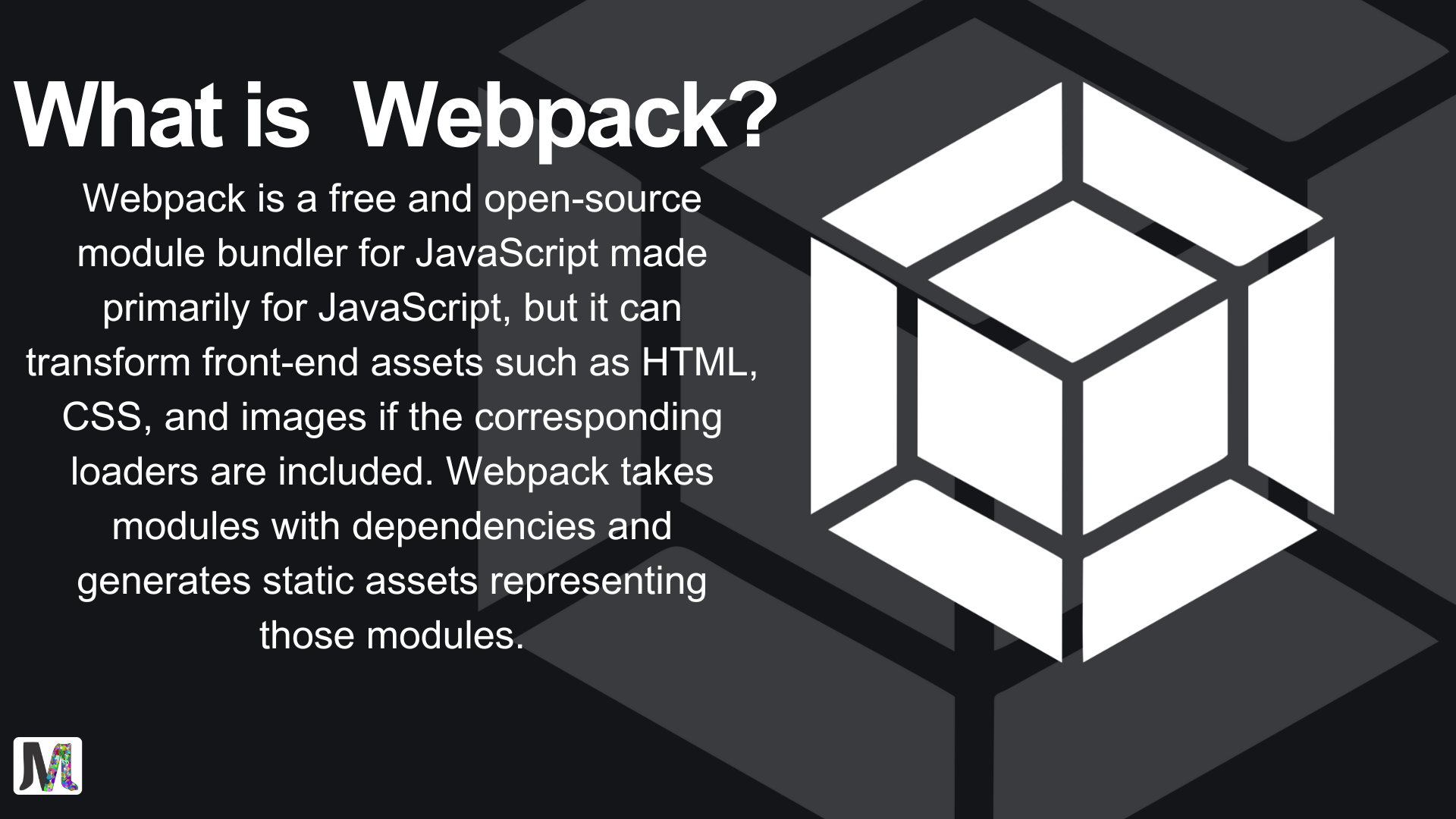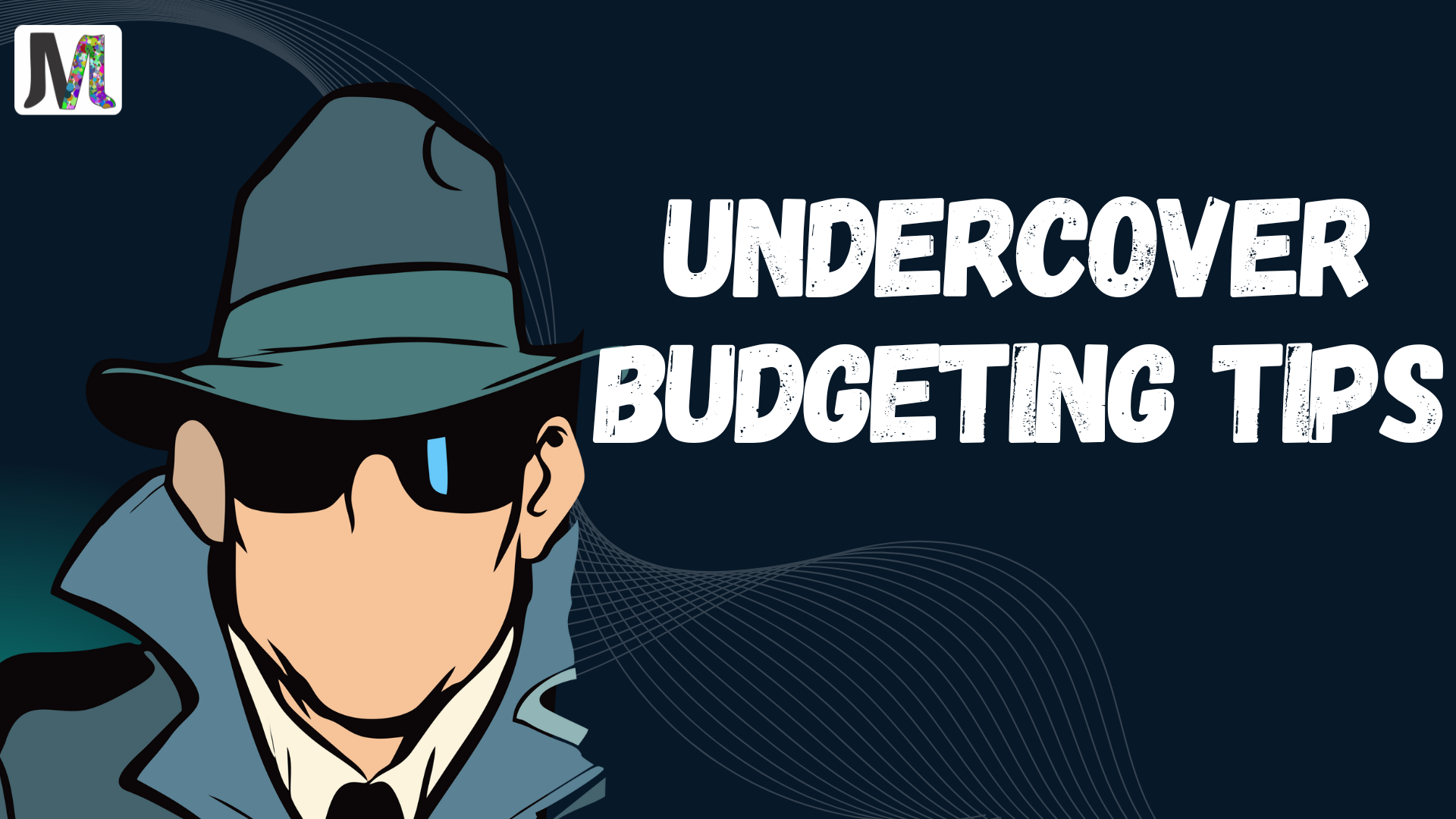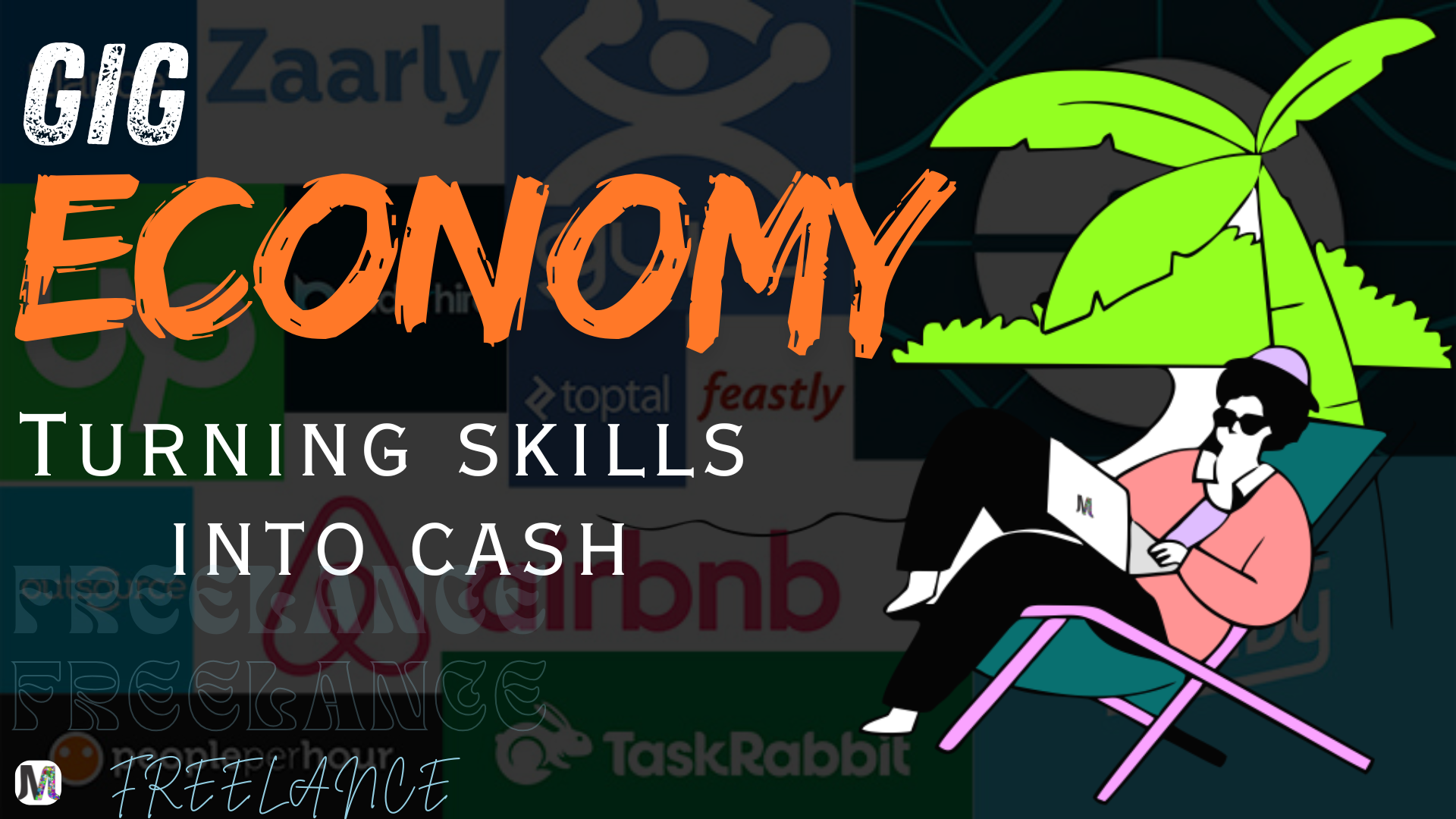The More Sh*t, The More You Eat: How Overconsumption is Ruining Society
Table of Contents
Introduction
In today’s world, consumption is king. We are drowning in food, media, material possessions, and information. But what happens when we consume too much? Does more always mean better? The provocative phrase “The More Sh*t, The More You Eat” is a metaphor for the toxic cycle of overconsumption in modern society. Whether it’s the food we eat, the content we digest, or the products we buy, we are feeding on things that are slowly poisoning us—physically, mentally, and socially. This article explores the science of overconsumption and its consequences.
The Science of Overconsumption
Why Do We Always Want More?
Humans have an innate drive for more. Psychologists refer to this as hedonic adaptation—our tendency to constantly seek new pleasures, only to quickly become bored and want more. Studies show that our brains release dopamine when we acquire something new, reinforcing the desire to repeat the behavior.
Marketing and capitalism exploit this mechanism. Companies use psychological tactics to make us crave more, from fast food chains engineering addictive flavors to tech companies designing social media platforms that keep us scrolling endlessly.

The Food Industry: You Are What You Eat
How Processed Foods Are Designed to Keep You Eating
Modern food is designed for overconsumption. The rise of processed foods, packed with sugar, salt, and unhealthy fats, triggers pleasure centers in the brain, making us crave more while offering little nutritional value. A study published in Cell Metabolism found that ultra-processed foods lead to greater calorie intake and weight gain compared to whole foods.
Fast food chains and snack companies invest millions into food engineering to make products hyper-palatable, meaning they override natural satiety signals. As a result, we eat more than we need, leading to obesity, diabetes, and cardiovascular disease.
The Fake “Healthy” Food Industry
Even so-called “healthy” products are often misleading. Many diet products, protein bars, and “low-fat” alternatives are filled with artificial sweeteners and chemicals that may have long-term health risks. Research from the Harvard School of Public Health suggests that artificial sweeteners can disrupt metabolism and contribute to insulin resistance.
Information Overload: The Digital Consumption Crisis
The Science of Cognitive Overload
Just like with food, we are bombarded with excessive information every day. From 24/7 news cycles to social media feeds, we are consuming more content than our brains can handle. Research from the University of California, San Diego, suggests that an average person processes the equivalent of 34 gigabytes of information daily, much more than our ancestors ever did.
The Addictive Nature of Digital Media
Social media platforms are engineered to be addictive. Studies have shown that scrolling through social media releases dopamine, similar to the effects of gambling. This can lead to increased stress, anxiety, and even depression. The World Health Organization (WHO) has even classified digital addiction as a public health concern.
Misinformation is another side effect of information overload. The more we consume, the harder it becomes to distinguish truth from lies. A 2021 MIT study found that false news spreads six times faster than the truth. This has serious implications for politics, public health, and global stability.
Materialism and the Illusion of Happiness
Does Buying More Make Us Happier?
The short answer: No. Studies on consumer psychology show that material possessions do not increase long-term happiness. The more we buy, the less satisfaction we get from each new purchase. This phenomenon, known as the paradox of choice, makes us feel overwhelmed rather than fulfilled.
Debt and Consumer Slavery
The credit industry thrives on overconsumption. The easier it is to buy things on credit, the deeper people fall into debt traps. Research from the Federal Reserve suggests that the average American carries over $6,000 in credit card debt. This cycle benefits corporations but leaves individuals financially stressed and vulnerable.
The Environmental Consequences of Overconsumption
Waste and Pollution
The United Nations Environmental Program (UNEP) reports that humans produce over 2 billion tons of waste annually. A large portion of this comes from single-use plastics, electronic waste, and fast fashion. The more we consume, the more we throw away, contributing to landfill overflow and ocean pollution.
Climate Change and Resource Depletion
Overconsumption directly contributes to climate change. The fashion industry alone is responsible for 10% of global carbon emissions, according to the Ellen MacArthur Foundation. Similarly, industrial farming for mass food production leads to deforestation and excessive water use.
Who Benefits? The System Behind the Madness
Corporations, advertisers, and even governments benefit from a society hooked on consumption. The more people consume, the more profits they generate. The economy is structured in a way that rewards excess spending rather than sustainability.
The food industry profits from selling junk food. The pharmaceutical industry profits from treating the diseases caused by that junk food. Tech companies profit from keeping us addicted to digital content. The banking sector profits from keeping us in debt. It’s a system designed to make us sick, distracted, and financially enslaved.
Breaking Free: How to Escape the Consumption Trap
Mindfulness and Conscious Consumption
- Be aware of marketing tactics – Recognize when companies are manipulating you into wanting something you don’t need.
- Practice minimalism – Studies show that owning fewer possessions can lead to greater happiness and reduced stress.
- Digital detox – Reduce screen time and be intentional about the content you consume.
- Eat whole foods – Shift away from processed foods and embrace natural, nutrient-dense diets.
- Financial discipline – Avoid impulse purchases and prioritize saving over excessive spending.
Conclusion: A Call to Conscious Consumption
The phrase “The More Sh*t, The More You Eat” serves as a wake-up call. We are drowning in consumption, but it’s not making us happier, healthier, or wealthier. Instead, it’s making us sick, distracted, and trapped in a system that thrives on our excesses.
It’s time to break free. To consume less and live more. To think critically about what we are feeding ourselves—physically, mentally, and emotionally. Because in the end, if we keep swallowing the nonsense being sold to us, we may find that we are eating ourselves into oblivion.
What Will You Do?
Will you continue the cycle, or will you take a stand? The choice is yours.







Leave a Reply